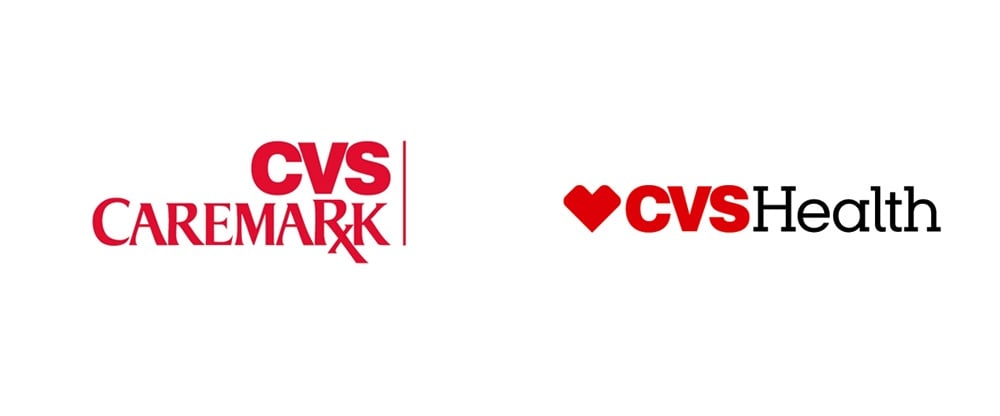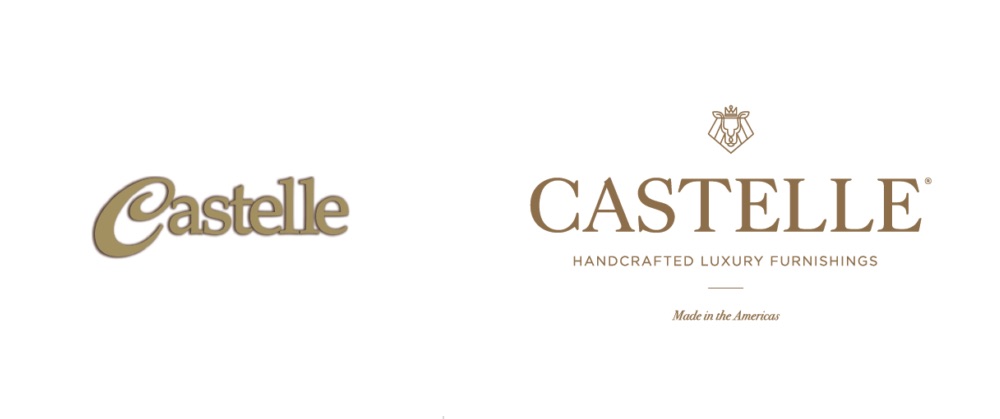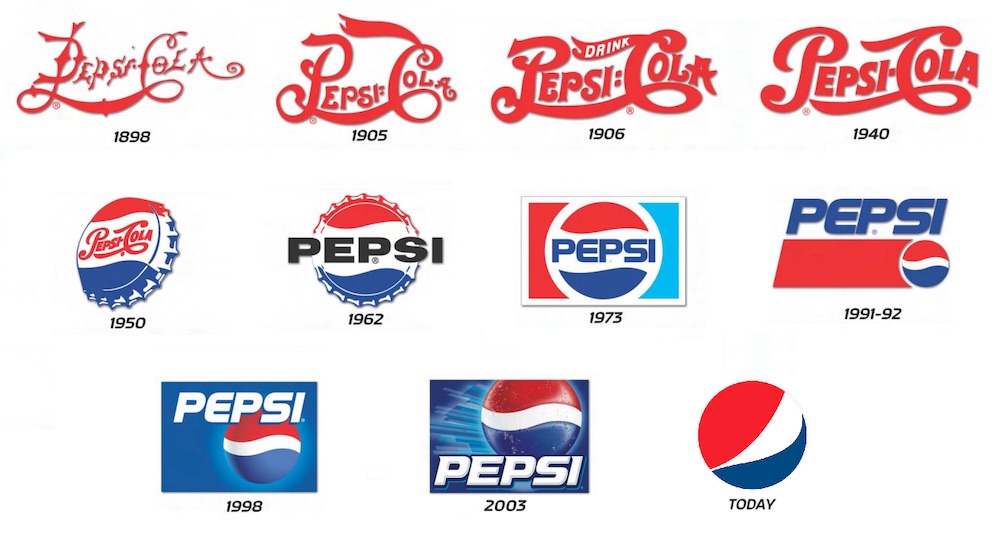9 Signs Your Business Needs to Rebrand

Is it time to rebrand? This seemingly simple question is fraught with peril: rebranding when not necessary is a huge waste of time and money, while waiting too long to rebrand can cripple a business.
So, how do you know if the time is right? When should your brand get a refresh or even a complete overhaul? Following are the nine signs MDG’s branding experts believe every business should be watching for:
1. Your brand mission has evolved
As market conditions and strategies change, businesses change. Often firms end up in a much different place from where they started and it’s necessary to rework the brand to keep up.
An example is CVS Caremark. The company was initially a combination of CVS, a regional general store/pharmacy, and Caremark, a pharmacy benefit management firm. Over time, it evolved into a healthcare giant with so many components under one roof that they rebranded to CVS Health and positioned the company around a new purpose: helping people on their path to better health. This affected everything, including their decision to discontinue cigarette sales in all stores.
 2. Your brand has become constraining
2. Your brand has become constraining
When firms start out, they often want their branding to be highly descriptive so that consumers can easily understand what they do. But over time, this specificity can become limiting.
An example of this is Dunkin’ Donuts. The initial branding quickly conveyed that this was a place to get a doughnut and coffee. However, after the company expanded into other foods—additional breakfast items, lunch, etc.—and more drinks, it decided to drop the “donuts” and focus on a unique, ownable, and condensed form of the name and logo.
 3. Your brand is confusing
3. Your brand is confusing
Sometimes a business will end up with a name and/or messaging that confuses rather than clarifies. When this is the case, an immediate rebranding is essential.
The most famous example of this is Google. The search engine was initially called BackRub because it was based on analyzing backlinks. Not surprisingly, people found the name befuddling and the company’s co-founders rebranded the business within a year.
In 2015, after more than a decade of transforming the way people use the Internet, it was time for another rebrand. This time, the focus was on reflecting the current and future ambitions of the company.
 4. Your brand is part of a business change
4. Your brand is part of a business change
There are times that a brand is perfectly fine, but because of a business change—a merger, an acquisition, a diversification, a legal dispute, etc.—it’s necessary to rebrand.
A good example of this is Andersen Consulting. In 2000, the organization was spun off from Arthur Andersen and needed a completely different name. An unexpected benefit for the company was that a year later the Andersen name was tarnished by the Enron scandal.
They introduced a name and brand identity that has since become synonymous with high-performance, industry-leading consulting. “Accenture” was a portmanteau of the words “accent” and “future,” and was meant to communicate the company’s focus on helping their clients create their future.

5. Your brand is not differentiated
Good branding isn’t just about looking and sounding good, it’s also about standing out. A brand that doesn’t feel differentiated in the market from its competitors needs to be rethought.
A cautionary example of this is Gap. The firm was blessed with iconic branding—a signature font in a signature blue box—but decided to mix things up in 2010 anyway. The new branding was a fail: it came across as bland and unoriginal. The company quickly switched back.

6. Your brand doesn’t work well in all contexts
Occasionally, a brand works well in some contexts but not all, and so it needs to be reworked. For example, it may not be well suited for some languages, countries, or formats.
An example of this is Airbnb. The firm had a fortunate problem: it was thriving abroad as well as on mobile, but its existing branding, the word “airbnb,” wasn’t ideal for either. With its 2014 rebrand, the company switched to an icon and visuals that could be applied more widely. They introduced the “bélo” and hoped it would become a global symbol of belonging that everyone could share.
 7. Your brand has a bad reputation
7. Your brand has a bad reputation
In some cases, a brand becomes a liability instead of an asset. When consumers start to associate a brand with negative experiences or actions, it can be time for a change.
An example of this is Philip Morris. As part of an effort to improve its tarnished reputation and disconnect from the strong association with tobacco products, the company shed its original name in favor of the not-very-memorable Altria. In this case, bland was deemed better than bad.
 8. Your brand wants to command a premium
8. Your brand wants to command a premium
If a firm wants to command a premium for its products or services, it may need to rebrand to convey that level of quality. What works for some segments often doesn’t for others.
For example, Castelle, a maker of outdoor furnishings, had a perfectly serviceable brand. However, it did a major rebranding—new font, new logo, even a new tagline (“Handcrafted luxury furnishings”)—to better appeal to the upscale audience it was targeting.
 9. Your brand simply feels outdated
9. Your brand simply feels outdated
Finally, it’s important to keep this in mind: tastes change and it’s necessary to keep up. For inexplicable reasons, certain things fall out of fashion and a brand becomes outdated.
This can be seen in how the Pepsi brand has evolved over the years. From the name (Pepsi-Cola to Pepsi), to the colors (red only to red and blue), to the font (serif to sans serif), the brand has been continually tweaked and reimagined to keep it feeling current and relevant.

Learn more about branding and rebranding. Contact MDG today at 561-338-7797 or visit www.mdgsolutions.com.
MDG, one of Florida’s top branding firms, is a full-service advertising agency with offices in Boca Raton and Brooklyn, New York. MDG’s capabilities include branding, logo design, creative, media buying and planning, radio and TV advertising, print advertising, direct mail marketing, outdoor, newspaper, digital marketing, website design and development, online video advertising, infographic development, email marketing, video marketing, mobile marketing, content marketing, social media marketing, paid search marketing, and SEO. To learn about the latest trends in advertising and branding, contact MDG today at 561-338-7797 or visit www.mdgsolutions.com.
